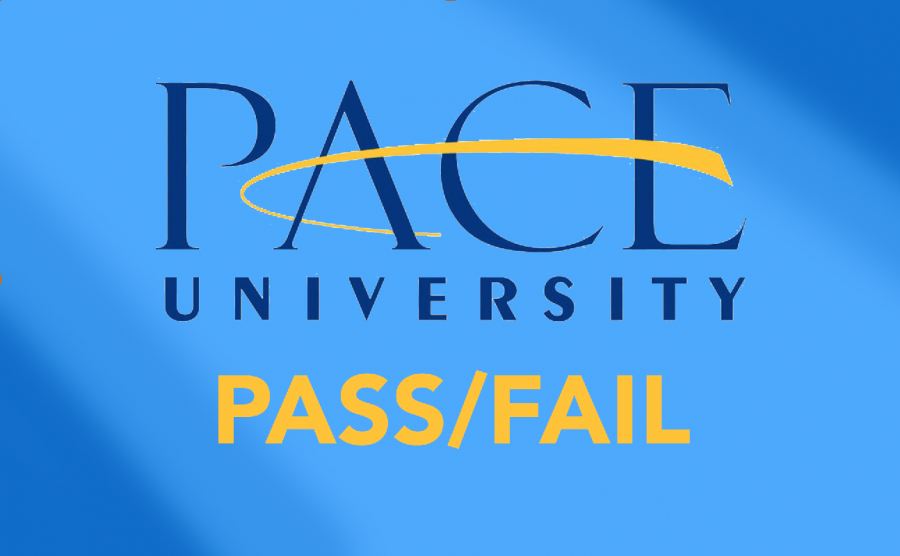This is a developing story. Information may be added or changed. Information is up-to-date as of March 31.
On Monday, March 30, the University sent an email to faculty that it would be offering an optional pass/fail grading system for the remainder of the semester. This decision allows students who would like pass/fail classes to have them, while giving students who want to raise their GPA with a letter grade-based system the opportunity to do so. The Provost’s Office reached this decision after consultation with the Academic Deans and Faculty Council.
In an email sent out to University professors, the Provost’s Office said, “For most classes, students have the option of taking a Pass/Fail grade. Students electing to exercise this option should notify you of their decision no later than Monday, April 27, 2020 (one week before the last day of classes). The Provost’s Office will provide a form that students must sign and forward to you. This will be a binding decision.”
The announcement continued, saying, “Pass/Fail will be available for both undergraduate and graduate courses. For undergraduate courses, passing will be a letter grade of D or above. For graduate courses, passing will be a C or above. Any Pass/Fail grades during Spring 2020 (and, if we continue with remote learning, Summer 2020) will be annotated to indicate that the student chose to take this grade in light of the coronavirus crisis.”
In addition, the University is revising its policy for course withdrawals. The last day to withdraw from a class with instructor permission is now Monday, April 20.
This announcement comes following NYU’s decision to offer pass/fail optional classes, as well as a petition started by University student Isabella Crotti.
UPDATE: 4/1/20
The Provost Vanya Quiñones emailed University students at around 6 p.m. on Wednesday, April 1 updating students on the pass/fail grading system, among other things. The email provided students with specifics on the pass/fail system.
One of the exceptions to the pass/fail system is that students who are in some professional schools and programs, such as the School of Education or the College of Health Sciences due to licensure and accreditation. A passing grade will not improve a student’s GPA, so if a student needs to raise their GPA to maintain a scholarship, it may not be the best idea to take classes pass/fail.
“Be sure to consult with your academic advisor before choosing a pass/fail grade to ensure it’s a good option for you,” Quiñones wrote in her email. “You must notify your professor in each course in which you wish to choose a pass/fail grade no later than Monday, April 27, using the form that will be available starting next week on this page of the Provost’s Office website.”
In addition, Quiñones shared that students in the Elisabeth Haub School of Law should continue to follow the standing pass/fail guidelines.
“I know that these are difficult and uncertain times. The changes we are making in response to this global pandemic will affect everyone at Pace not only now but also in our future,” Quiñones continued. “We believe these new policies will best position our students and our University to work together through this semester and be well-positioned for next year and our strong futures.”
You can read all about the Pace Press’s coverage of pass/fail grades here. The Pace Press will keep up-to-date with the situation and will be updating this article with any new information.














